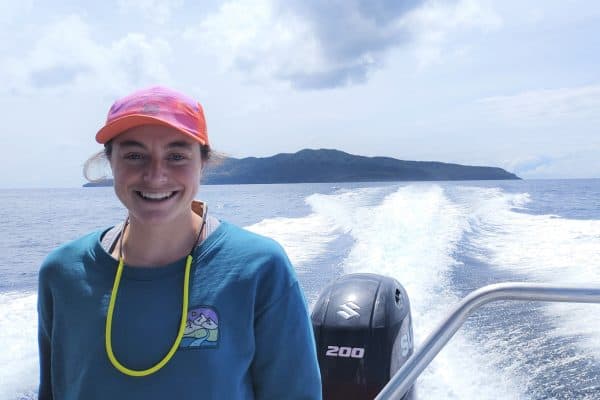Enhancing local climate risk assessments
Kia ora! Hailing from Dunedin I spent years watching the St Clair – St Kilda coastline retreat, causing sink holes to appear along the Esplanade and occasional flooding that would displace residents throughout the South Dunedin area. From here I moved to Christchurch to complete four years of Civil Engineering with a strong interest in infrastructure responses to coastal processes. Following this I was fortunate enough to begin a Resilience Challenge-funded Master’s in Civil & Natural Resources Engineering, which looked into the indirect impacts from damages on the transportation network. It was during this time that I became increasing passionate about the risks outside of the coastal space and thus transitioned to a PhD with Dr Tom Logan and his team looking at local climate change risk approaches to enhance adaptation and decision-making.
I am now in the second year of my PhD at the University of Canterbury and can’t get enough of it. Additional thanks for PhD support from the UC Cluster of Community and Urban Resilience (CURe).
In attempts to make the most of Christchurch and its surroundings I spend most of my spare time in the outdoors, mountain biking, snowboarding, tramping, and surfing.
My Project
Understanding the risk from climate change is critical for a region to effectively adapt and prepare for the future. However, communities worldwide are currently not equipped with the tools required to assess the risk from climate change. The urgency at which climate change adaptation must occur is ever-increasing with many local governments and agencies now required by law to provide evidence of risk assessments or adaptation planning.
Additionally, the scale of both allocated adaptation funding and adaptation success is directly related to how well the risks are understood, which at a local scale requires a rigorous geospatial risk assessment. However, existing guidance on understanding climate risks does not give sufficient insight into spatial approaches which limits practitioners to a high-level screening. Therefore, to adequately prepare and adapt our communities to climate change we must enhance the current state of risk assessment methodologies, tools, and guidance.
To do this I am looking at the following reviews and advancements:

- A critical review of local climate risk assessments
- An evaluation of indirect impacts on community capabilities caused by transportation network disruptions and essential service closure
- An analysis of interdependent infrastructure failure to understand cascading impacts from the built environment on communities
- An integration of this new understanding with existing techniques and associated advances in risk and resilience science to develop and conduct a rigorous local climate geospatial risk assessment in Christchurch, New Zealand.
Next Steps
Through this work I hope to enhance the way local and regional councils plan for and adapt to climate risks, specifically through research Stage 4, where we have partnered with the Christchurch City Council (CCC) as they complete their coastal hazards adaptation program. We expect to see an adaptation approach that is a cut above standard practice and allows risk-based planning to be leveraged throughout all council activities.
Finally, with more refined risk assessments and adaptation approaches at a local level, future national risk and adaptation efforts can be built from the bottom up to better encapsulate the state of the nation.




